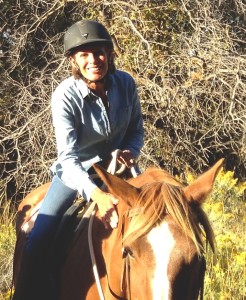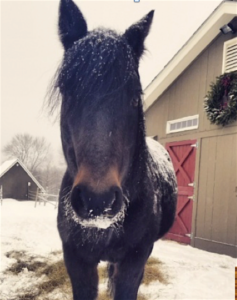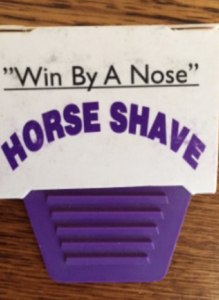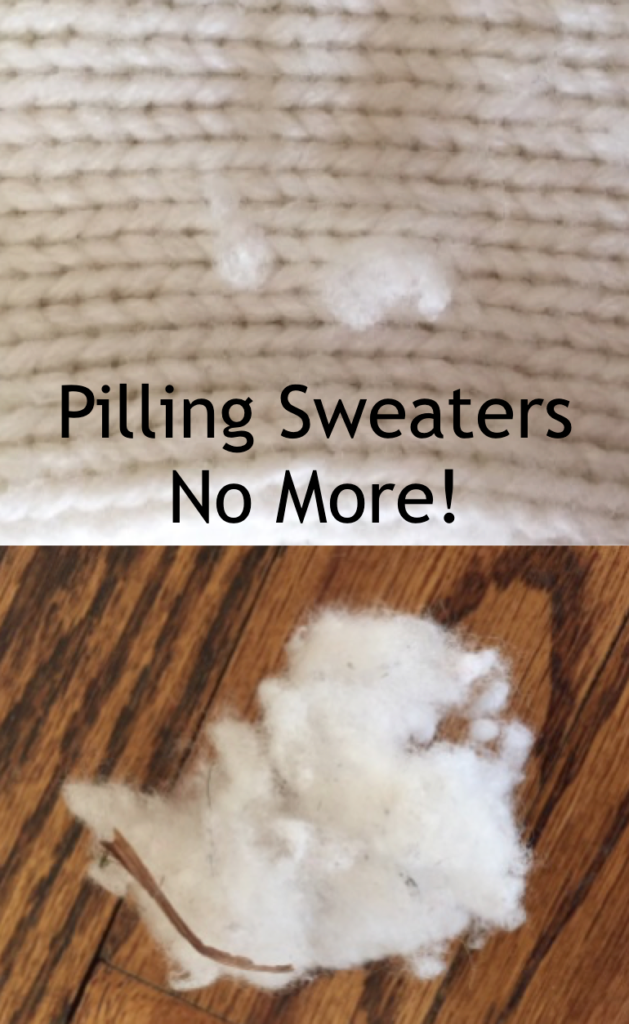This week, Debbie Hight from Norridgewock, Maine, contributes to our conversation about humans, horses, and horse management. Hight is a Best Horse Practices Summit board member. She rides English and Western with her mare, Roxy.
 Hight writes:
Hight writes:
Anthropomorphism is a new word in my vocabulary and in my conscience. It is defined as the attribution of human characteristics or behavior to a god, animal, or object.
How many times have we wondered if our horses are cold or need the latest gadget?
How often have we read about the debate of whether to blanket or not?
The Best Horse Practices Summit 2017 provided attendees with a laundry list of things that we do to our horses as we think about them as humans, counter to their preferred and evolutionary tendencies as horses.
Dr. Sheryl King provided us with a wonderful lecture on the science behind horse needs and behaviors. This was not a soapbox lecture, but one steeped in science, with the intent of providing information that can help the anthropomorphs amongst us change.
Watch trailer for Dr. King’s Summit presentation here.

Hight’s mare, Roxy
As a semi-anthropomorph, if that is even possible, I have dropped some, but not all practices. It’s a process for me and it will take time.
The first practice that I dropped was shaving my mare’s whiskers. Generally, I do not like human facial hair. A clean shave is preferable. It’s firmly on my list of preferred superficial attributes. Well, then, a horse would look better with a clean shave as well!
However, I’ve learned that whiskers are not just long hairs on horses’ faces. Whiskers, or, vibrissae, are different from regular hair both in their anatomy, their location, and their purpose. While the whisker itself has no nerves, the follicle it grows from is extensively innervated. Signals from the whiskers have been found to travel to a very specific region of the brain for interpretation.
 Basically, whiskers are tactile or touch sensors that help horses tell where they are, where danger is, and where food and water are. They help horses stay safe in their environments, especially at night when eyesight is less useful as a sense.
Basically, whiskers are tactile or touch sensors that help horses tell where they are, where danger is, and where food and water are. They help horses stay safe in their environments, especially at night when eyesight is less useful as a sense.
So, I dropped the practice of whisker shaving, but what to do with those disposable razors still kicking around at the bottom of the grooming box?
Winter and winter wardrobe issues to the rescue!
I have a couple of wonderful sweaters that I love but tend to pill annoyingly. The discarded razors are a perfect solution to the fuzz. My horse is now left alone to be a horse and my sweaters are clean and defuzzed.
